
What is a golden Border Collie?
What is a golden Border Collie? What is a golden Border Collie? Last updated Dec. 12, 2024 – Written by Asad Ali Hashmi What is
Last updated Oct. 15, 2024 – Written by M Hasnain Ashraf
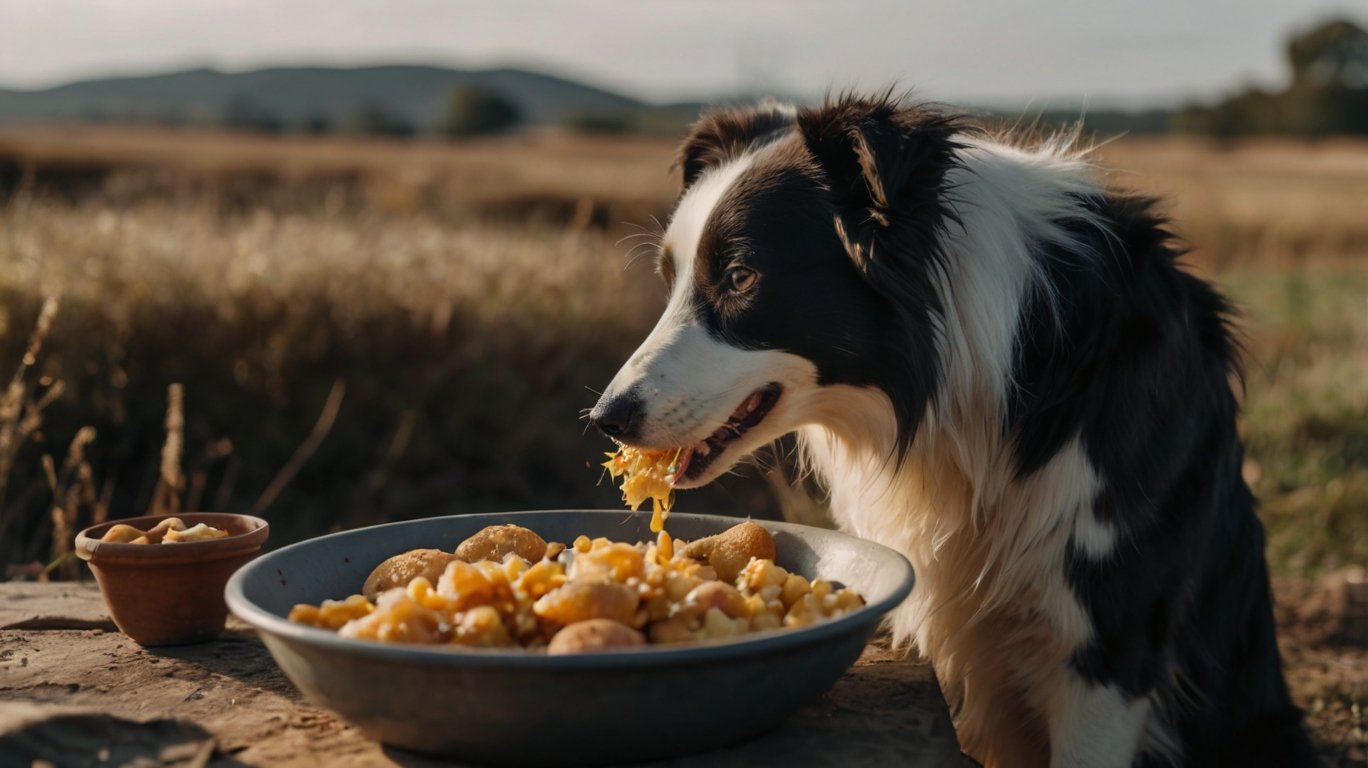
Thus, the diet of a Border Collie should consist of well-balanced, high-quality proteins, healthy fats, and carbohydrates, along with all the necessary essential vitamins and minerals, for them to have a lively lifestyle, strong muscles, and overall health. As a breed with a high energy level and working heritage, exemplary food service providing the nutritional and caloric level is required. Now, the compelling compositions of a good Border Collie diet are as follows.
Protein works with developing muscles, providing energy for the body, and supporting all other body functions.
Select dog foods with quality animal-based protein sources as the first ingredient, such as chicken, lamb, beef, fish, or turkey.
For an adult Border Collie, the diet should contain at least 22% protein and up to 25 to 28% for active or working doggies.
Protein is crucial in most active working Border Collies, which repair muscles and maintain stamina while undertaking high-energy activities.
Border Collies are an energetic breed, so they require high-quality energy sources such as fats. In addition to providing the dog with body fat, healthy fats, especially those that comprise omega-3 and omega-6 fatty acids, aid joint health and brain function and even improve the dog’s skin and coat. Fish oil, flaxseed, or even chicken fat are great sources.
A diet containing 12-16% fat content is generally enough for this breed.
Border Collies that are highly active will require a slightly higher amount of fat to match their energy requirements.
Complex carbohydrates provide energy to active dogs on a steady-state basis. Consider easily digestible carbs like brown rice, sweet potatoes, barley, peas, or oatmeal.
A diet containing fillers such as corn and soy holds meagre nutritional value for the body.
Some Border Collies are sensitive to grains, so grain-free versions with other carbohydrates, such as sweet potatoes or peas, are provided when these other sources are necessary.
Calcium and Phosphorus:
To promote good bone health and growth in puppies or working dogs.
Vitamins A, C, and E: Antioxidant nutrients that support the immune system and skin and coat health.
Glucosamine and Chondroitin:
These supplements ensure that the joints are mobile and conditions such as arthritis are prevented, as they are usually common in active or older dogs.
Fibre ensures digestion and keeps the gut healthy. Pumpkins, sweet potatoes, and vegetables are high sources of fibre.
Fibre ensures that your Border Collie dog is kept within an ideal weight due to proper digestion.
To prevent dehydration, the Border Collie should be provided with clean, fresh water at all times, even after exercise.
 Puppies:
Puppies:
Feed puppy food with higher protein and fat content, as your puppy is still in the growth stages and development. Select puppy food with added DHA, an omega-3 fatty acid for brain development.
Feed them 3-4 small meals a day until about six months old, and then transfer them to 2 meals daily.
Adult Border Collies:
Border Collies who are moderately active will need high-quality adult dog food in the right amounts. Two times a day is ideal, with portions dictated by their weight and activity level.
Active or working Border Collies will need more calories and an active or working dog diet with higher protein and fat to help them in their activities.
Senior Border Collies:
As Border Collies age, their metabolism slows down, too, so older Border Collies will need senior dog food that contains fewer calories but still adequate protein and joint-supporting components such as glucosamine and chondroitin.
Monitor their body weight and adjust portions to avoid obesity, which is challenging for the ageing joints.
Breakfast: High-value kibble mixed with lean animal protein (chicken or turkey) and vegetables like sweet potato and green beans.
Dinner: Similar meal, wet food, or homemade with protein, grains, and vegetables.
Treats/Tidbits: Healthy, low-fat treats include carrot sticks, apple slices (seedless), and commercial treats that contain fewer ingredients. Don’t over-treat so the dog doesn’t become overweight.
Do Not Feed:
Human food: Anything toxic to dogs, including chocolate, grapes, raisins, onions, garlic, and artificial sweeteners like xylitol.
Processed and high-fat foods: Obesity and more severe conditions like pancreatitis in a dog’s future.
Overfeeding: Since Border Collies are thin dogs, overfeeding could result in quick weight gain that leads to numerous harmful issues, such as joint and health problems.
Grain Sensitivities:
Some Border Collies tend to be grain-sensitive, so a grain-free diet should be prescribed. If you believe your Border Collie has some digestive-related issues or allergies, consult your veterinarian.
Additives—If your dog needs to be classified as active, old, or in any other health category, your vet might recommend a few additives, such as fish oil, glucosamine, or probiotics.
 High-quality proteins, healthy fats, and the required carbohydrates, vitamins, and minerals form an essential part of a Border Collie’s diet to lead an active lifestyle. Irrespective of the regular feeding schedule that would cater to your specific pet’s specific caloric and nutritional needs, it will help your pet maintain energy and muscle mass, ensuring it remains healthy. Talk to a vet and get the diet tailored to your circumstances. This will be of utmost importance if your Border Collie has unique health conditions or sensitivities.
High-quality proteins, healthy fats, and the required carbohydrates, vitamins, and minerals form an essential part of a Border Collie’s diet to lead an active lifestyle. Irrespective of the regular feeding schedule that would cater to your specific pet’s specific caloric and nutritional needs, it will help your pet maintain energy and muscle mass, ensuring it remains healthy. Talk to a vet and get the diet tailored to your circumstances. This will be of utmost importance if your Border Collie has unique health conditions or sensitivities.

What is a golden Border Collie? What is a golden Border Collie? Last updated Dec. 12, 2024 – Written by Asad Ali Hashmi What is
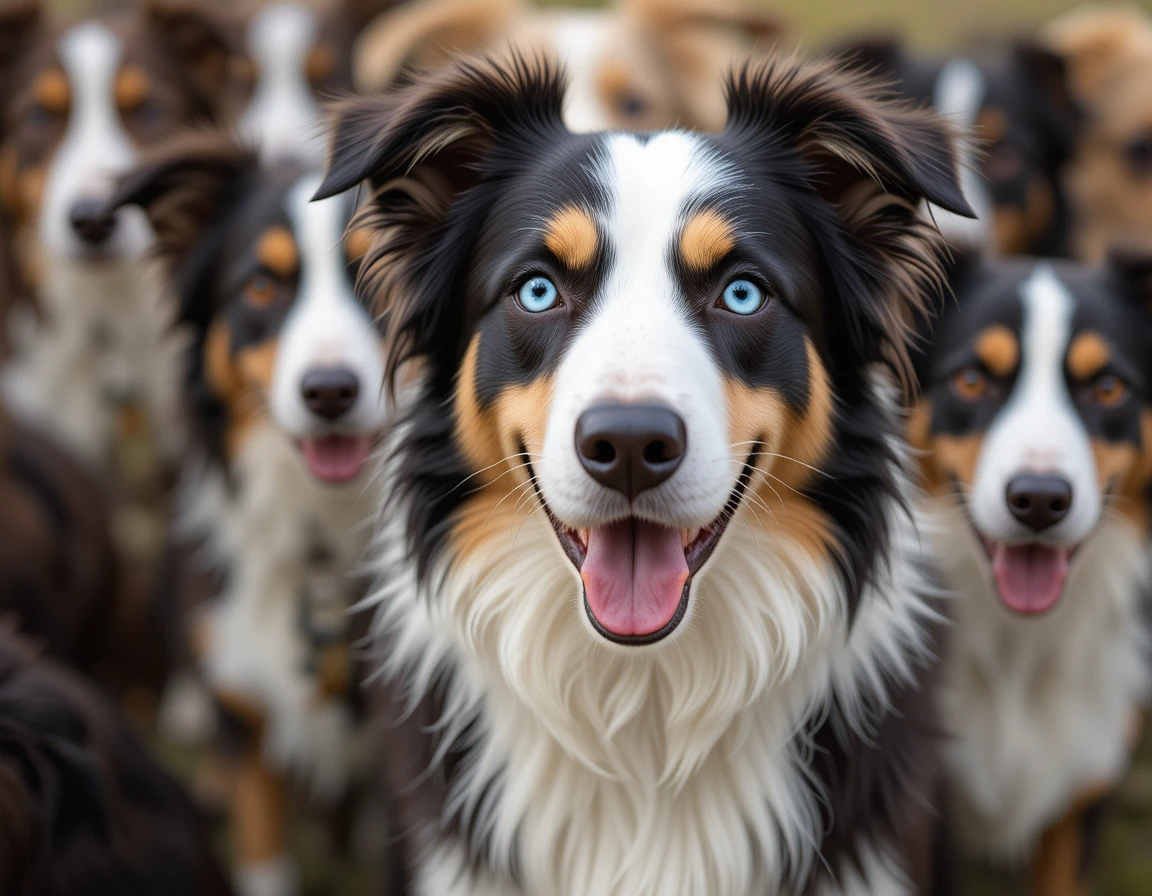
Do all Border Collies have blue eyes? Do all Border Collies have blue eyes? Last updated Dec. 12, 2024 – Written by Asad Ali Hashmi

Are Border Collies pretty dogs? Are Border Collies pretty dogs? Last updated Dec. 11, 2024 – Written by M Hasnain Ashraf Are Border Collies pretty
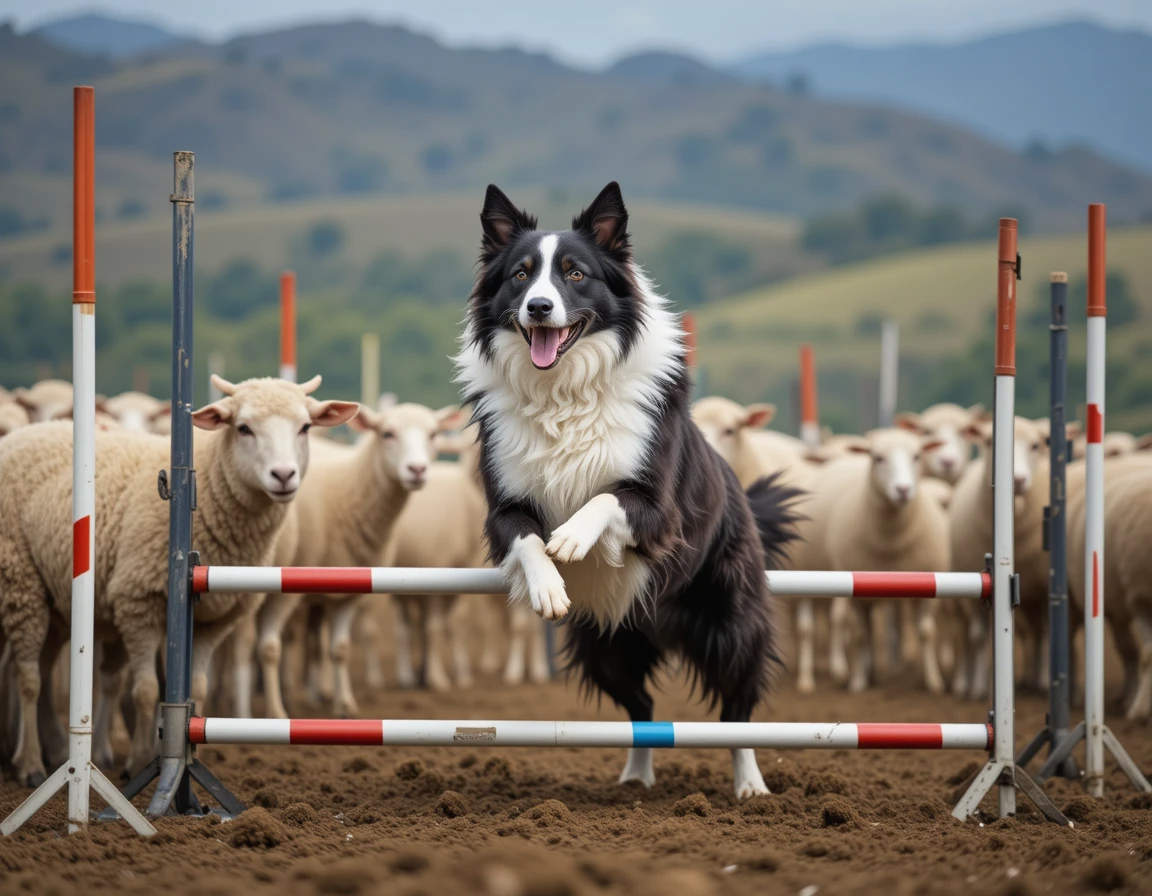
Why are Border Collies unique? Why are Border Collies unique? Last updated Dec. 11, 2024 – Written by M Hasnain Ashraf Why are Border Collies
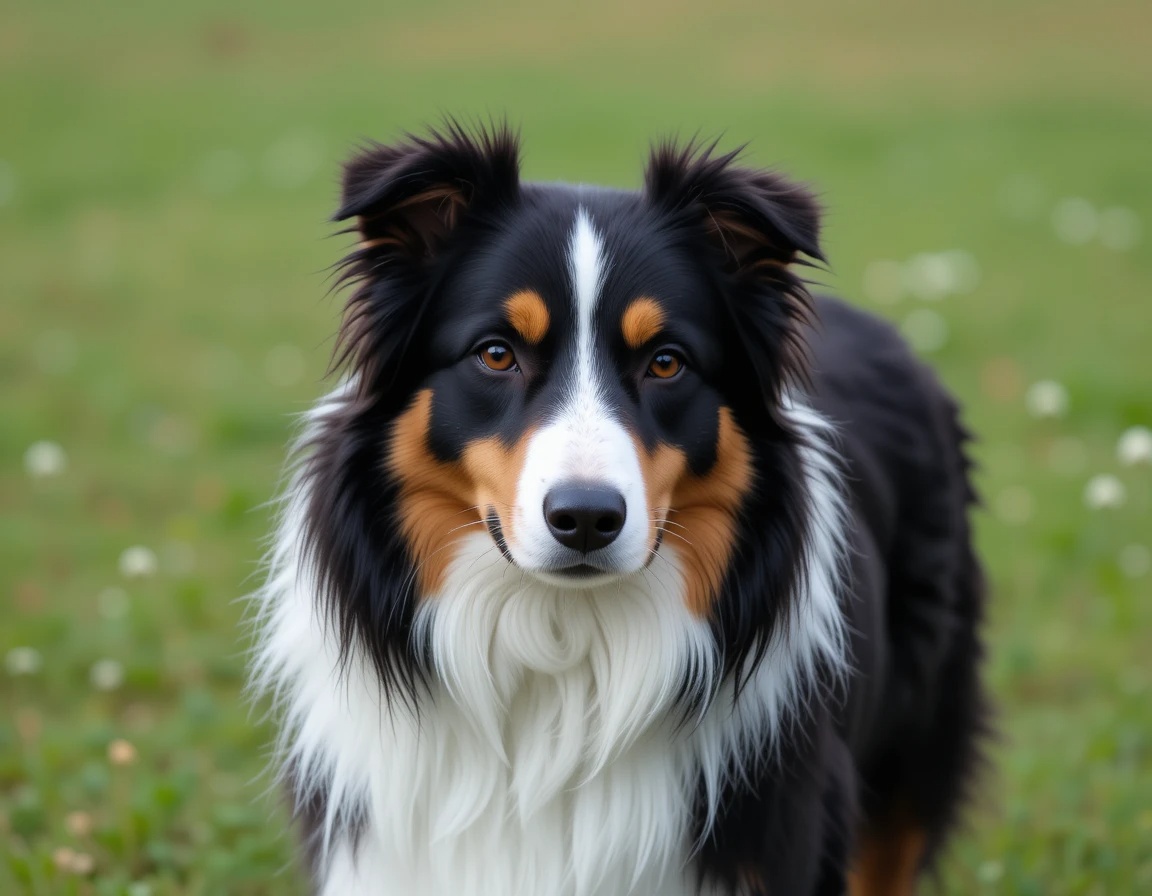
Can Border Collies have three colors? Can Border Collies have three colors? Last updated Oct. 10, 2024 – Written by M Hasnain Ashraf Can Border
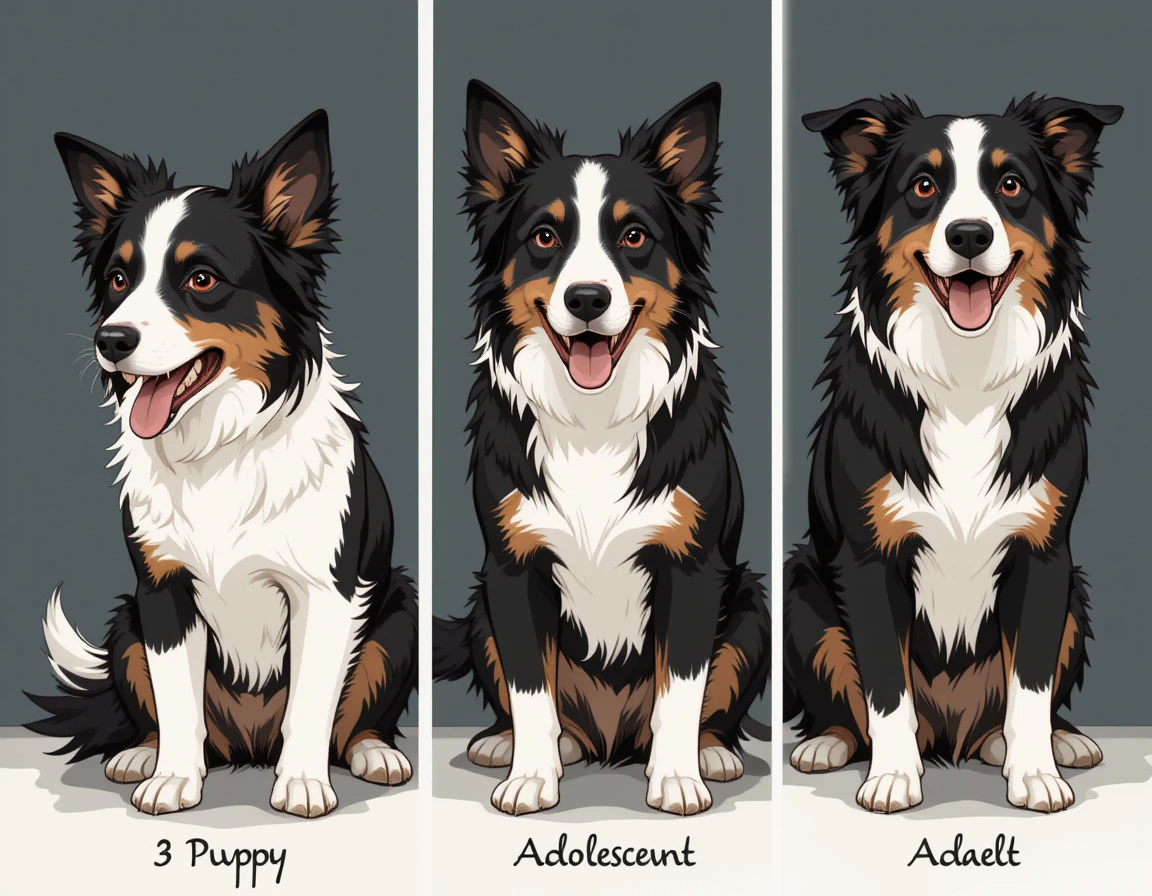
What is the most difficult age for a Border Collie? What is the most difficult age for a Border Collie? Last updated Oct. 10, 2024
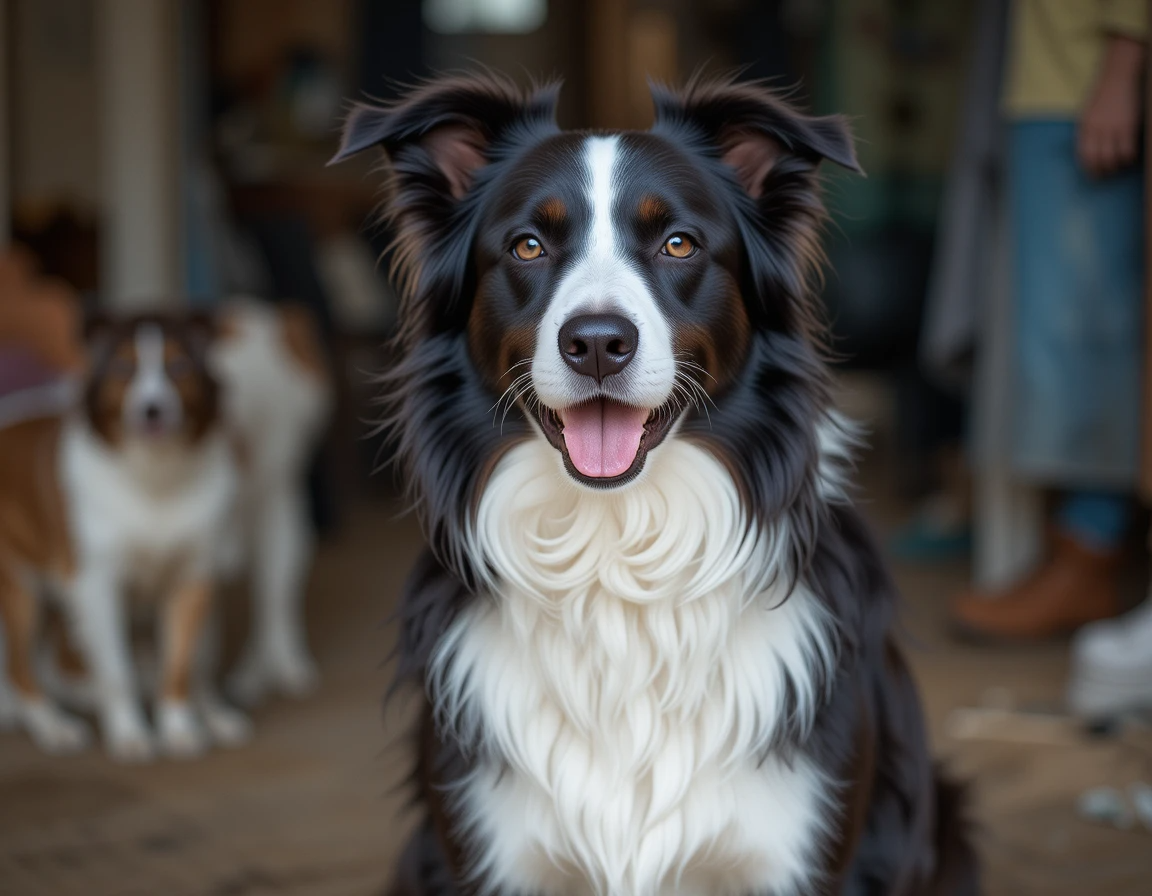
Are Border Collies Aggressive? Are Border Collies Aggressive? Last updated Oct. 10, 2024 – Written by M Hasnain Ashraf Are Border Collies Aggressive? Border Collies
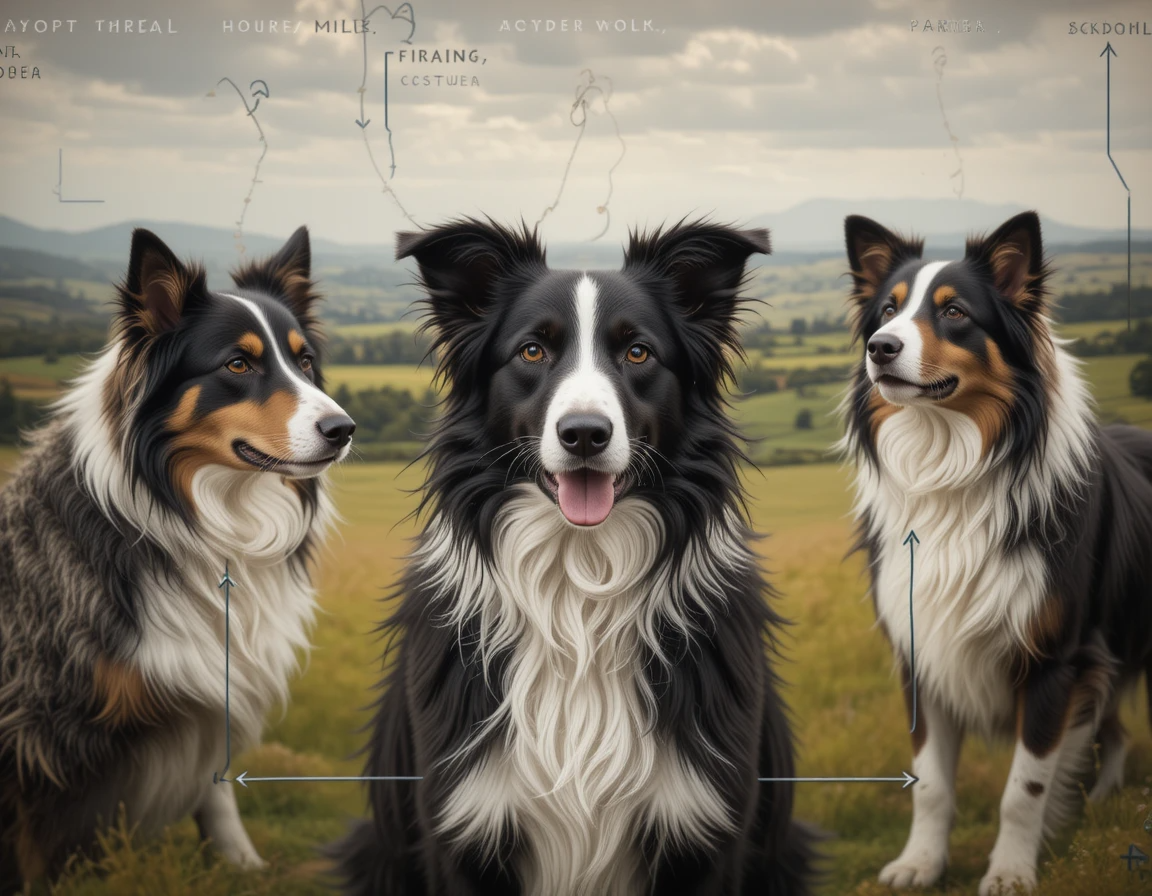
What two breeds make a Border Collie? What two breeds make a Border Collie? Last updated Oct. 10, 2024 – Written by M Hasnain Ashraf

Are Border Collies easy to train? Are Border Collies easy to train? Last updated Oct. 10, 2024 – Written by M Hasnain Ashraf Are Border

Are Border Collie’s colour blind? What is the most Expensive Collie? Last updated Oct. 10, 2024 – Written by M Hasnain Ashraf Are Border Collie’s

What is the most Expensive Collie? What is the most Expensive Collie? Last updated Oct. 10, 2024 – Written by M Hasnain Ashraf What is

What dog has the highest IQ, a Border Collie? What dog has the highest IQ, a Border Collie? Last updated Dec. 23, 2024 – Written
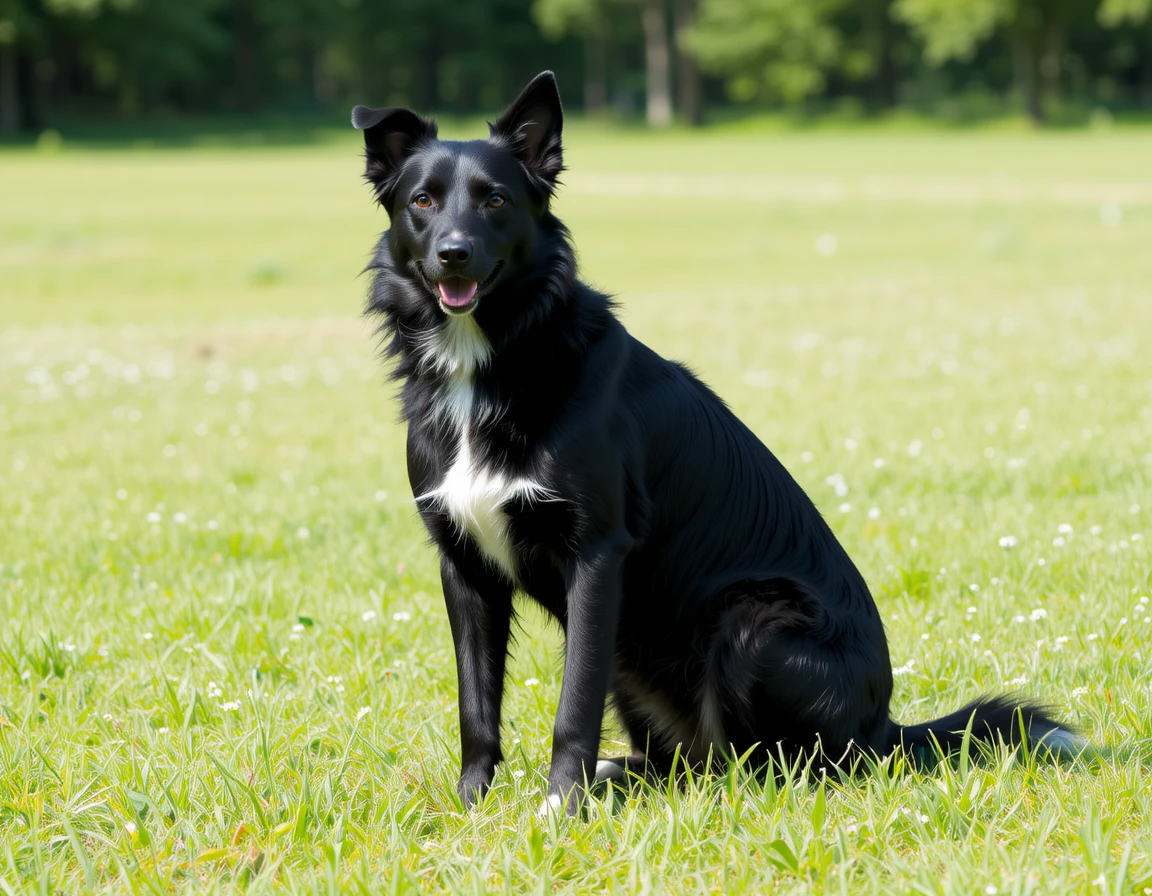
Can Border Collies be black? Can Border Collies be black? Last updated Dec. 23, 2024 – Written by M Hasnain Ashraf Can Border Collies be
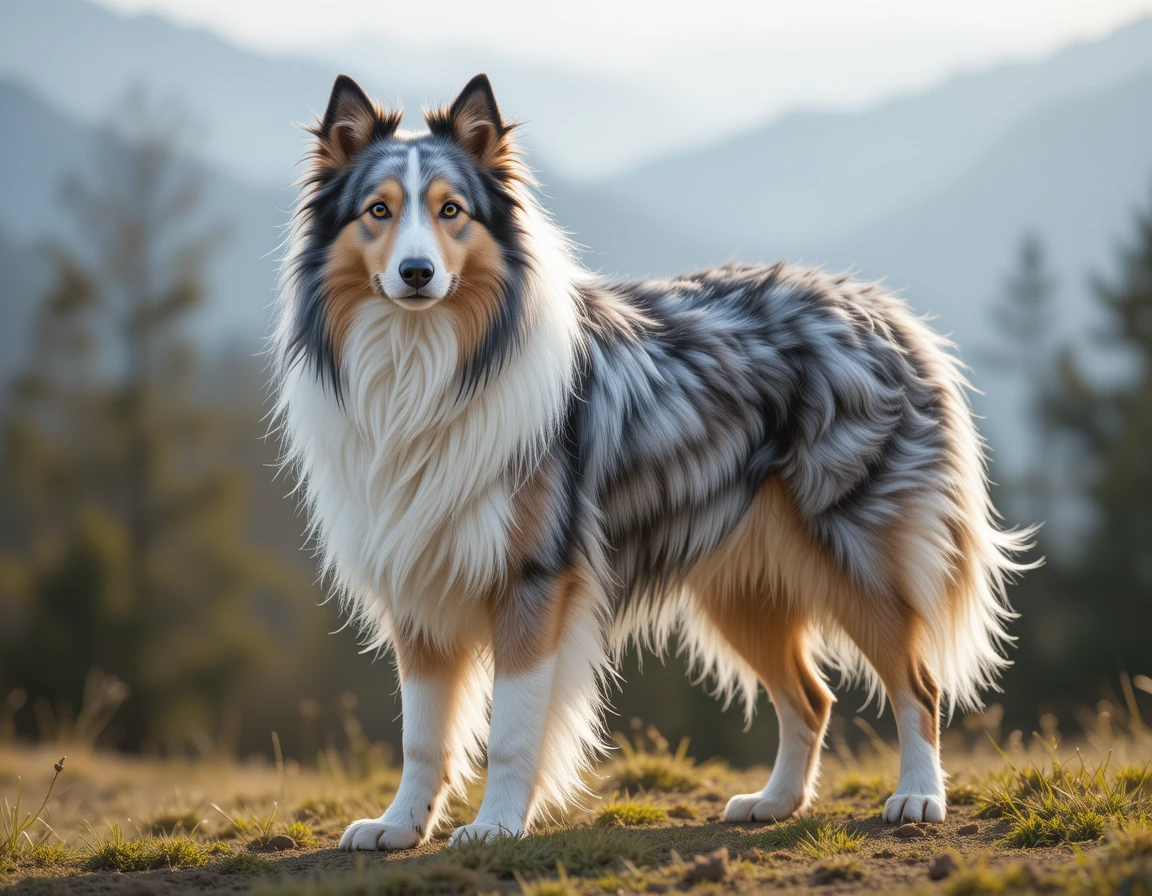
What is a rare collie color? What is a rare collie color? Last updated Dec. 23, 2024 – Written by M Hasnain Ashraf What is
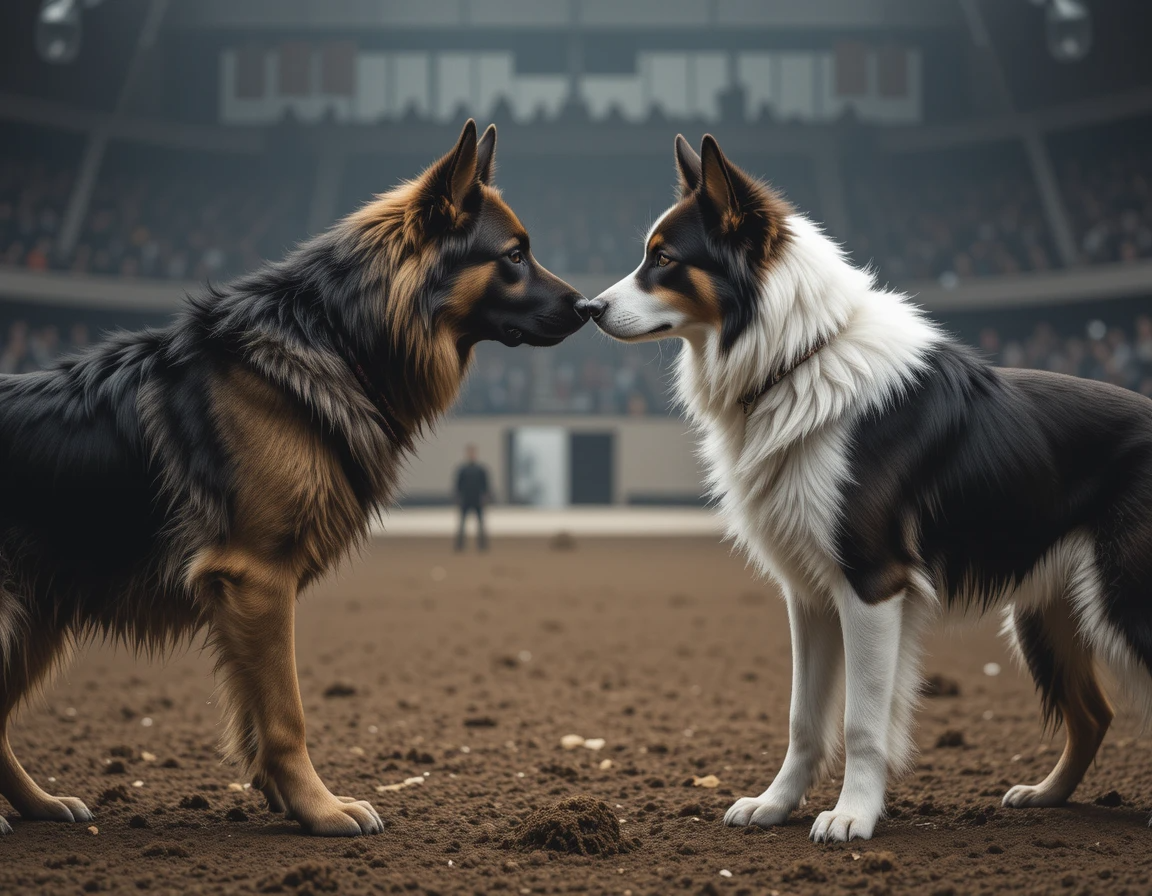
Who would win a fight between a German Shepherd and a Border Collie? Who would win a fight between a German Shepherd and a Border
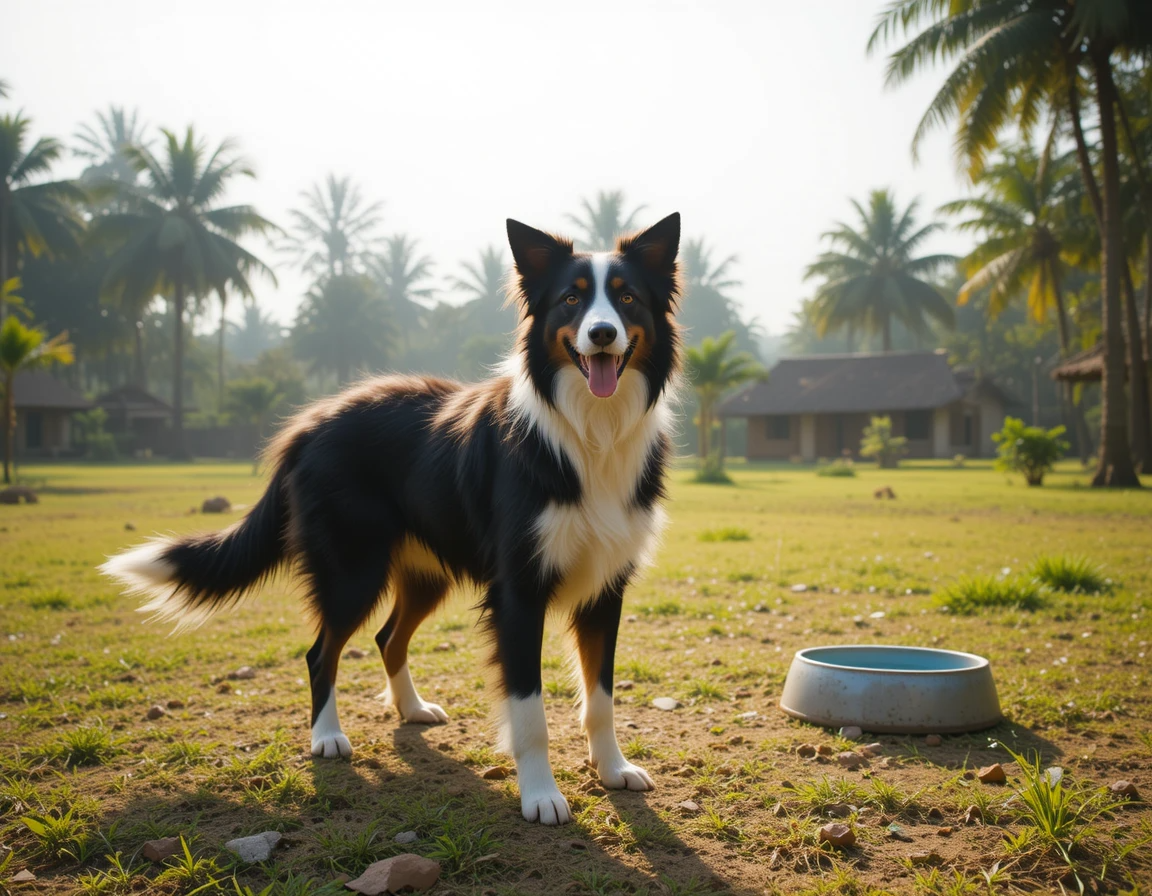
Can Border Collies Live in India? Can Border Collies Live in India? Last updated Dec. 20, 2024 – Written by Asad Ali Hashmi Can Border
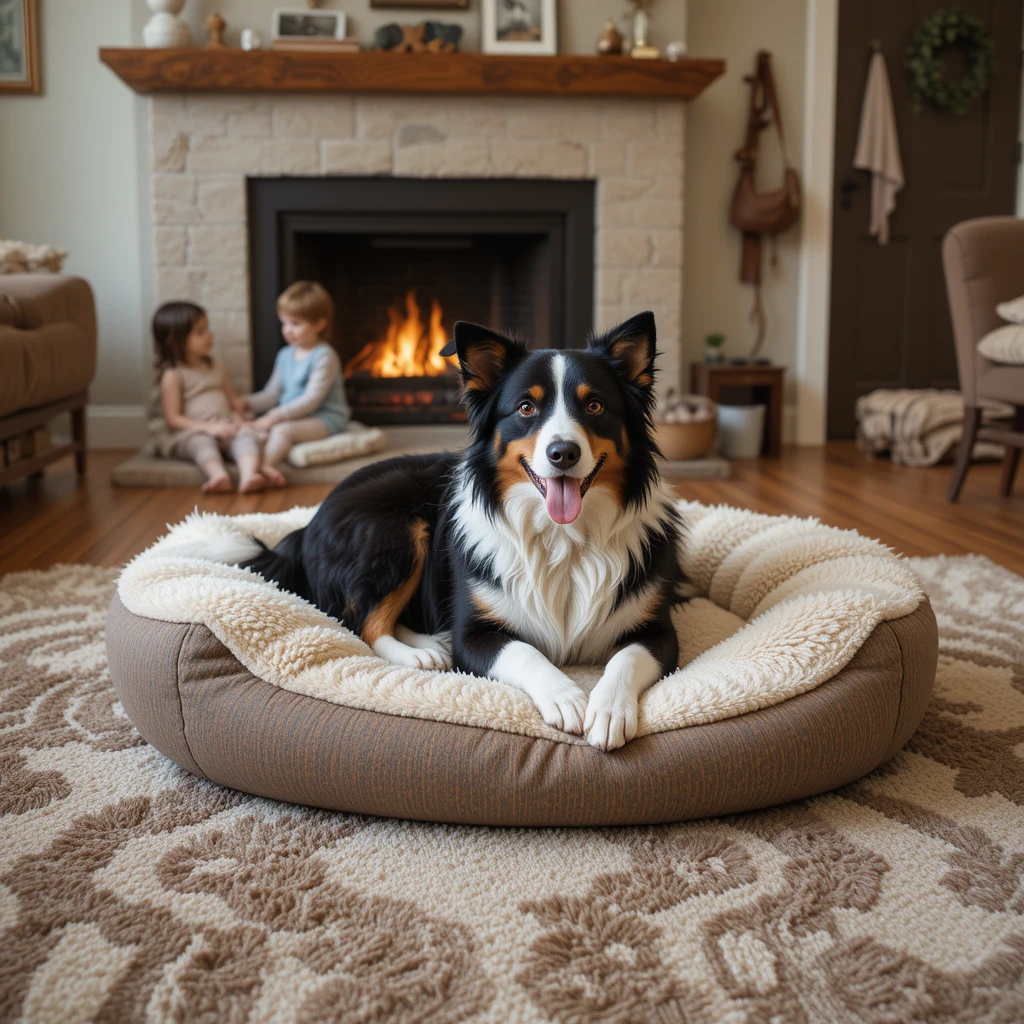
Can a Border Collie be a house pet? Can a Border Collie be a house pet? Last updated Dec. 20, 2024 – Written by Asad

Are Border Collies good pets? Are Border Collies good pets? Last updated Oct. 15, 2024 – Written by M Hasnain Ashraf Are Border Collies good
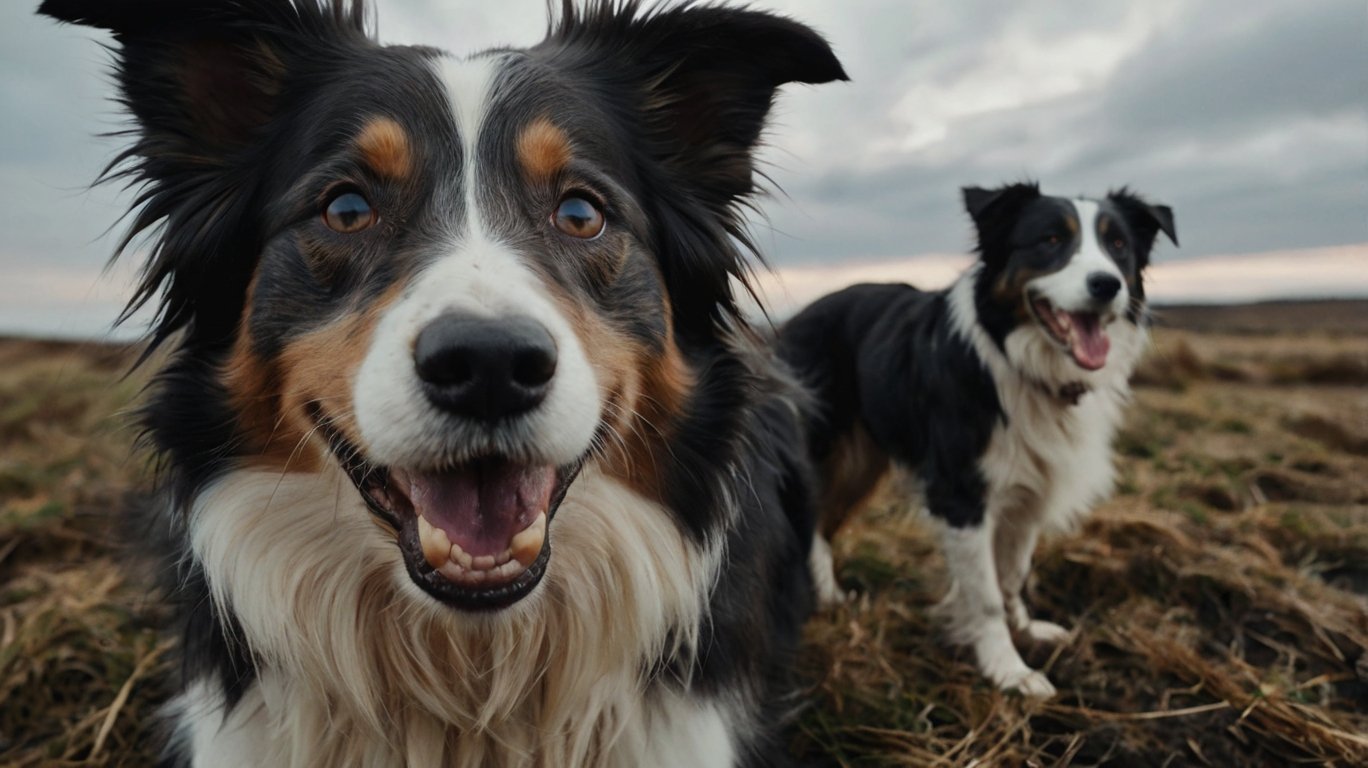
Do Border Collies bark a lot? Do Border Collies bark a lot? Last updated Oct. 15, 2024 – Written by M Hasnain Ashraf Do Border

What is the ideal diet for a Border Collie? What is the ideal diet for a Border Collie? Last updated Oct. 15, 2024 – Written
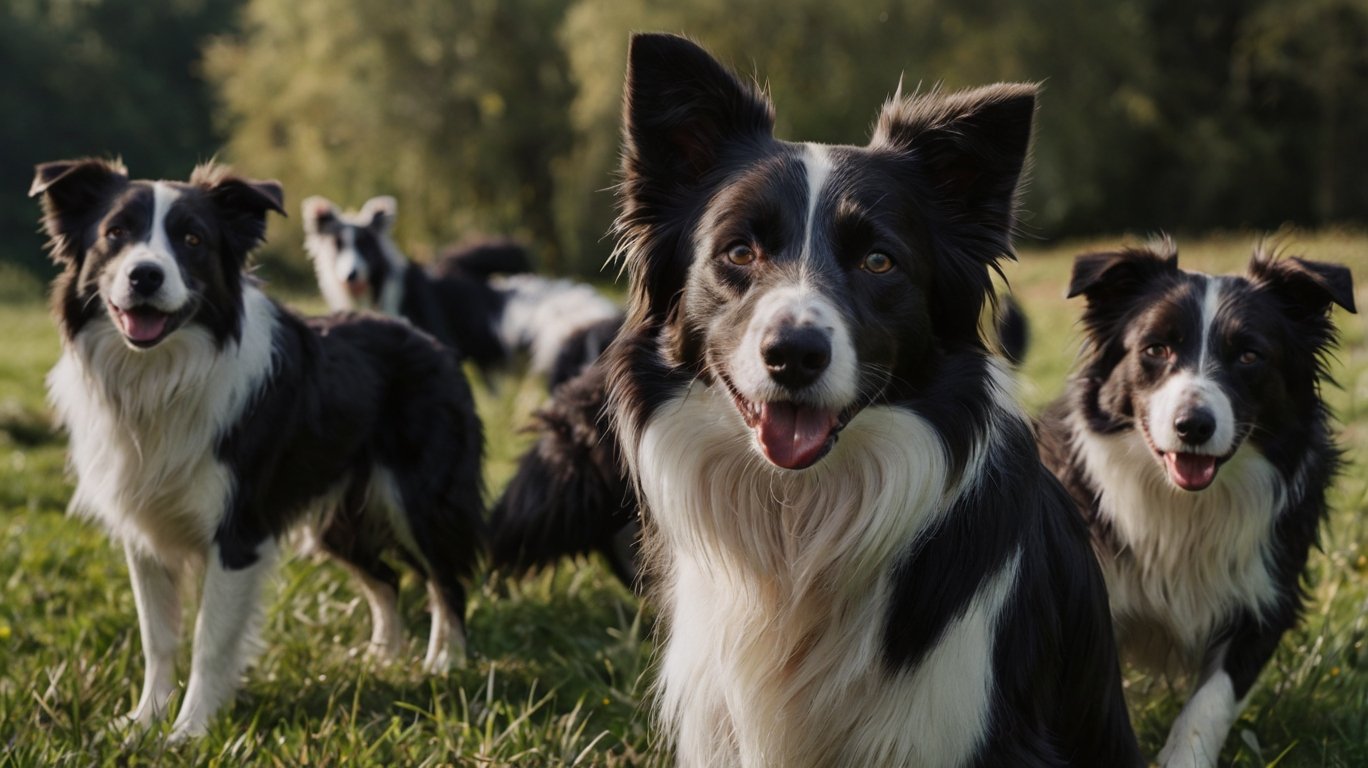
How intelligent are Border Collies? How intelligent are Border Collies? Last updated Oct. 14, 2024 – Written by Asad Ali Hashmi How intelligent are Border

Are Border Collies good with children? Are Border Collies good with children? Last updated Oct. 14, 2024 – Written by Asad Ali Hashmi Are Border
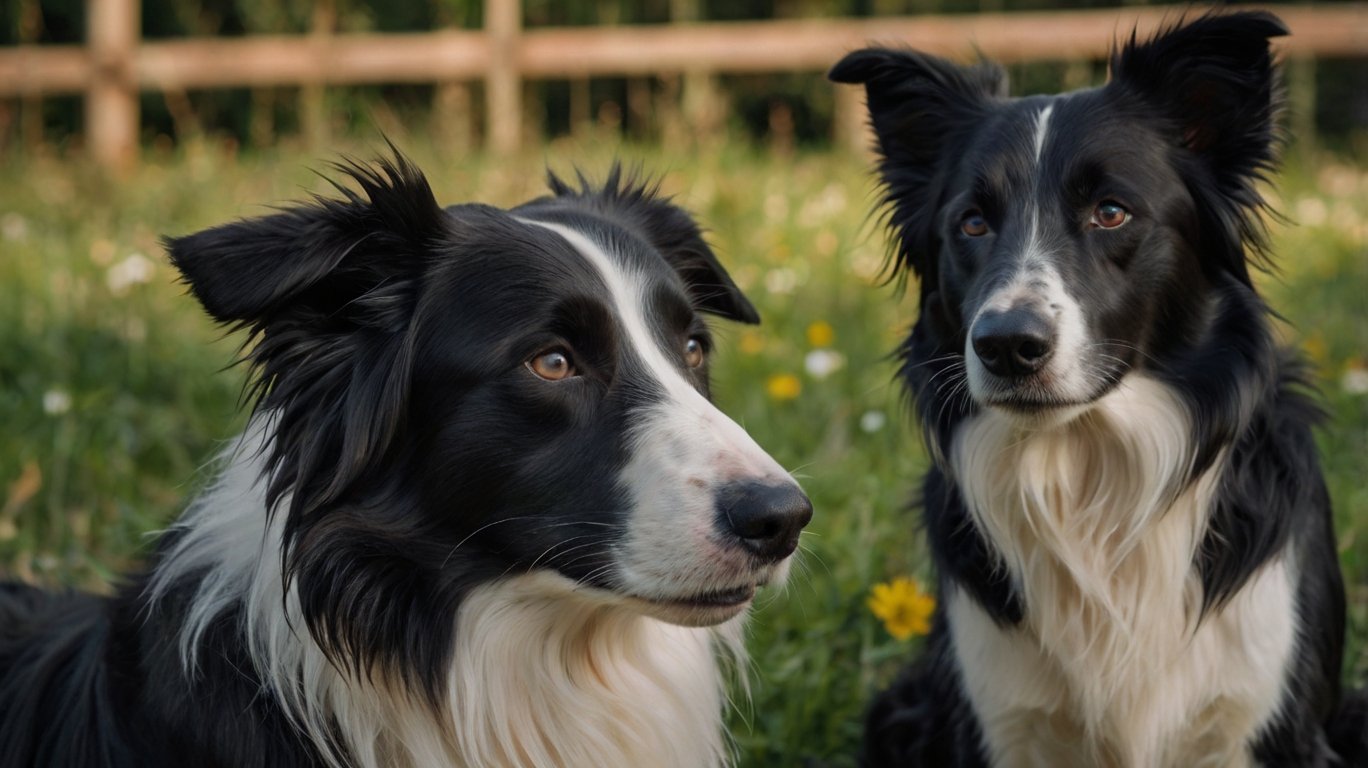
Do Border Collies shed a lot and Collies live? Do Border Collies shed a lot and Collies live? Last updated Oct. 12, 2024 – Written
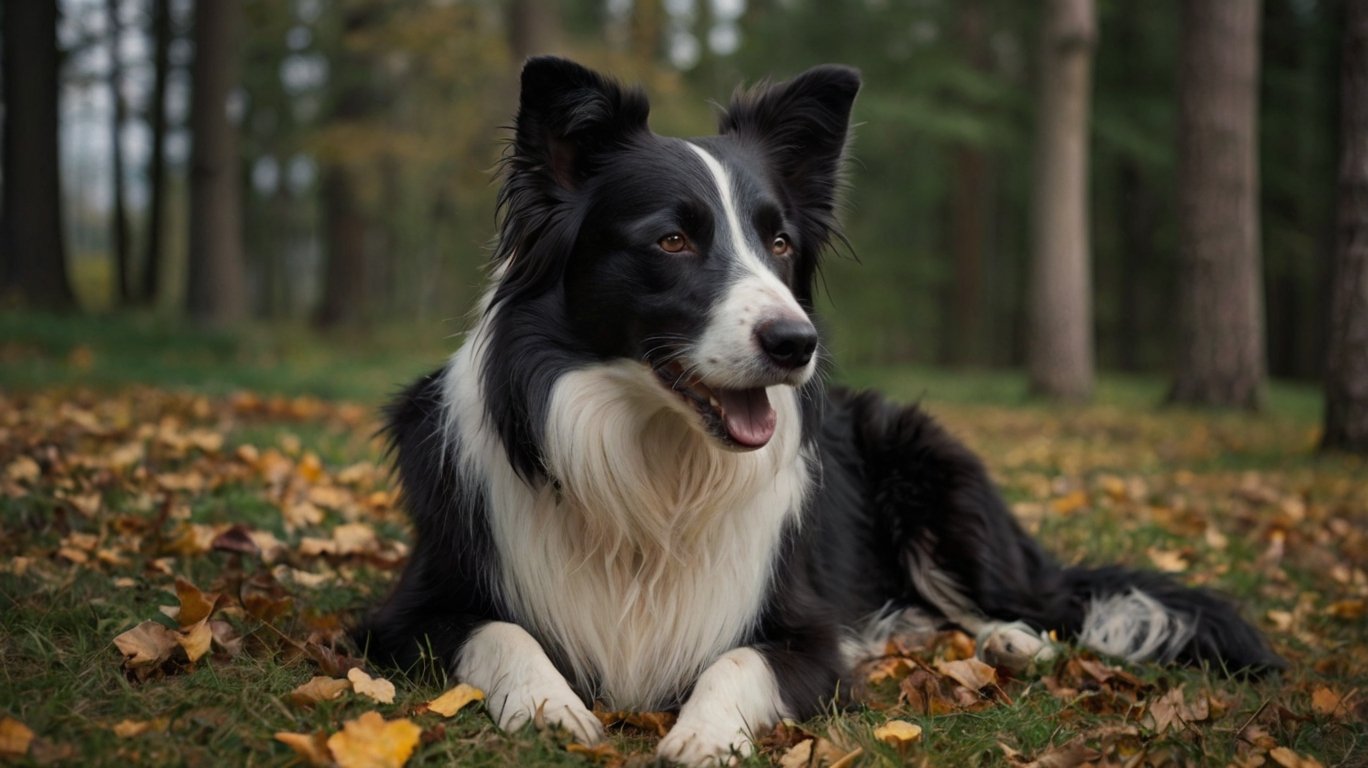
Are Border Collies good family pets? Are Border Collies good family pets? Last updated Oct. 11, 2024 – Written by Asad Ali Hashmi Are Border

Why are Border Collies special? Why are Border Collies special? Last updated Oct. 11, 2024 – Written by Asad Ali Hashmi Why are Border Collies

Is a Border Collie the most intelligent dog? Is a Border Collie the most intelligent dog? Last updated Oct. 10, 2024 – Written by M

Is a Border Collie a good family dog? Is a Border Collie a good family dog? Last updated Oct. 10, 2024 – Written by M

What are Collies best known for? What are Collies best known for? Last updated Oct. 09, 2024 – Written by Asad Ali Hashmi What are
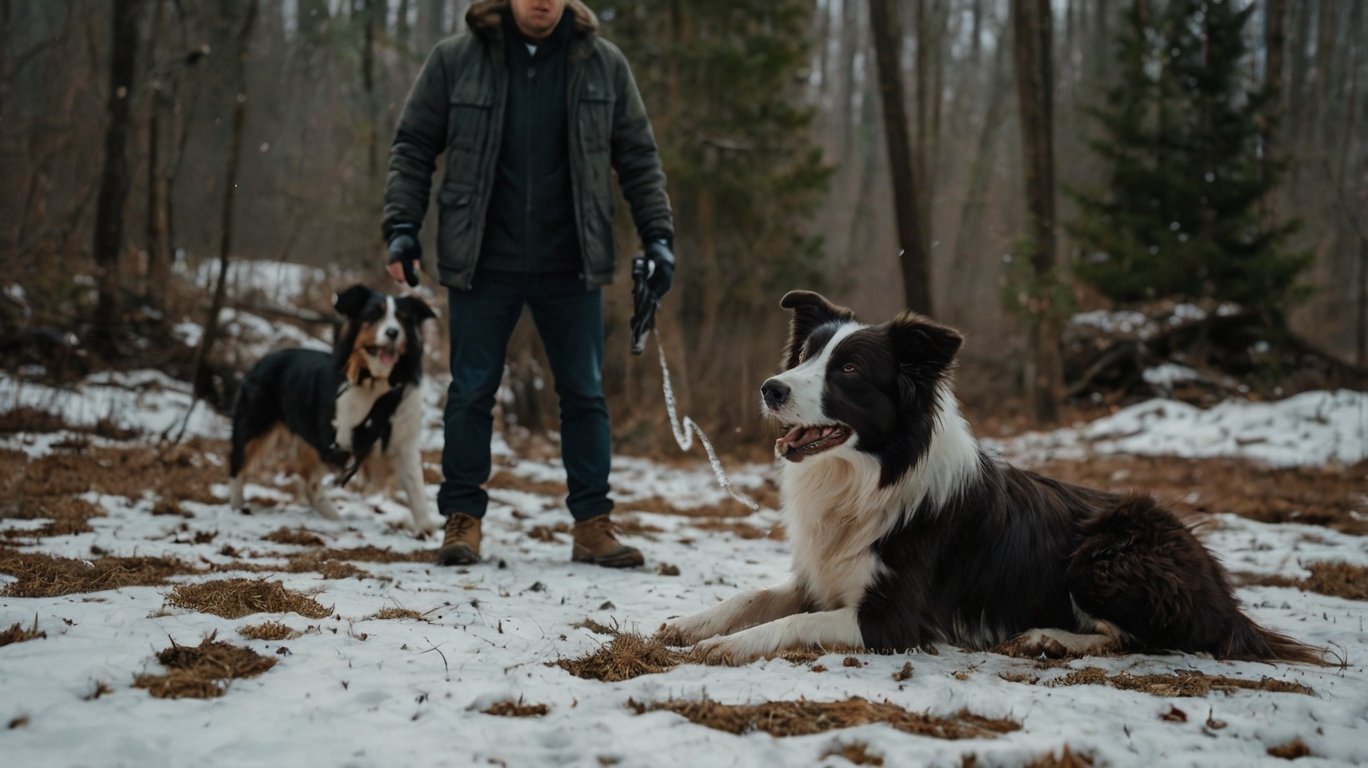
Do Border Collies protect you? Do Border Collies protect you? Last updated Oct. 09, 2024 – Written by Asad Ali Hashmi Do Border Collies protect

Do Border Collies tend to bark a lot? Do Border Collies tend to bark a lot? Last updated Oct. 08, 2024 – Written by M

What are the behavioral issues of a Border Collie? What are the behavioral issues of a Border Collie? Last updated Oct. 08, 2024 – Written
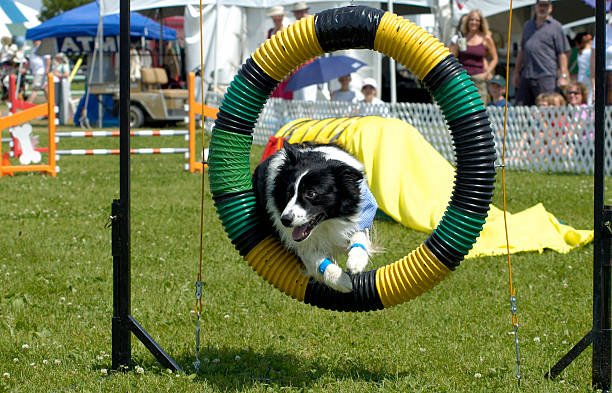
Are Border Collies difficult dogs? Are Border Collies difficult dogs? Last updated Oct. 04, 2024 – Written by Asad Ali Hashmi Are Border Collies difficult

How expensive is a Border Collie? How expensive is a Border Collie? Last updated Oct. 04, 2024 – Written by Asad Ali Hashmi Purchase Price

Border Collies vs. Australian Shepherd Border Collies vs. Australian Shepherds: Intelligence, Lifespan, Kid-Friendliness, and More Last updated Sep. 19, 2024 – Written by Asad Ali Hashmi Are

Puppy Border Collie Puppy Border Collie Last updated July. 26, 2024 – Written by Asad Ali Hashmi Introduction & Overview Breeding is a serious responsibility.

Colors Of Border Collie Colors Of Border Collie Last updated July. 26, 2024 – Written by Asad Ali Hashmi Introduction & Overview Border Collies are
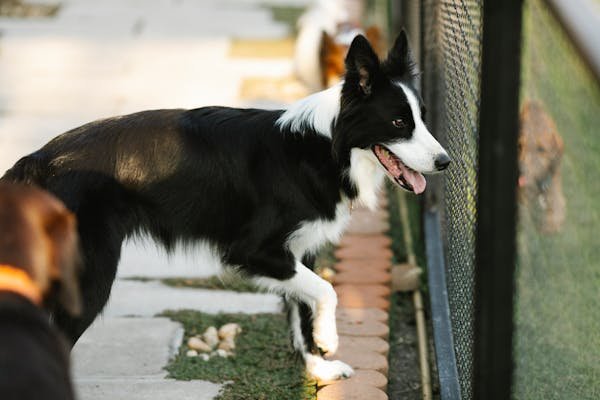
Border Collie Watch Dog And Protective Nature Border Collie Watch Dog And Protective Nature Last updated July. 26, 2024 – Written by Asad Ali Hashmi

Border Collie Different Names According To Region Border Collie Different Names According To Region Last updated July. 26, 2024 – Written by Asad Ali Hashmi

Border Collie Grooming Border Collie Grooming Last updated July. 26, 2024 – Written by Asad Ali Hashmi Border Collie Grooming Keeping their coat and skin

Border Collie Exercises Border Collie Exercises Last updated July. 26, 2024 – Written by Asad Ali Hashmi Border Collie Exercises Border Collies are high-energy dogs

Care Requirements Care Requirements Last updated July. 26, 2024 – Written by Asad Ali Hashmi Care Requirements Exercise: They need Regular exercise . Involve them
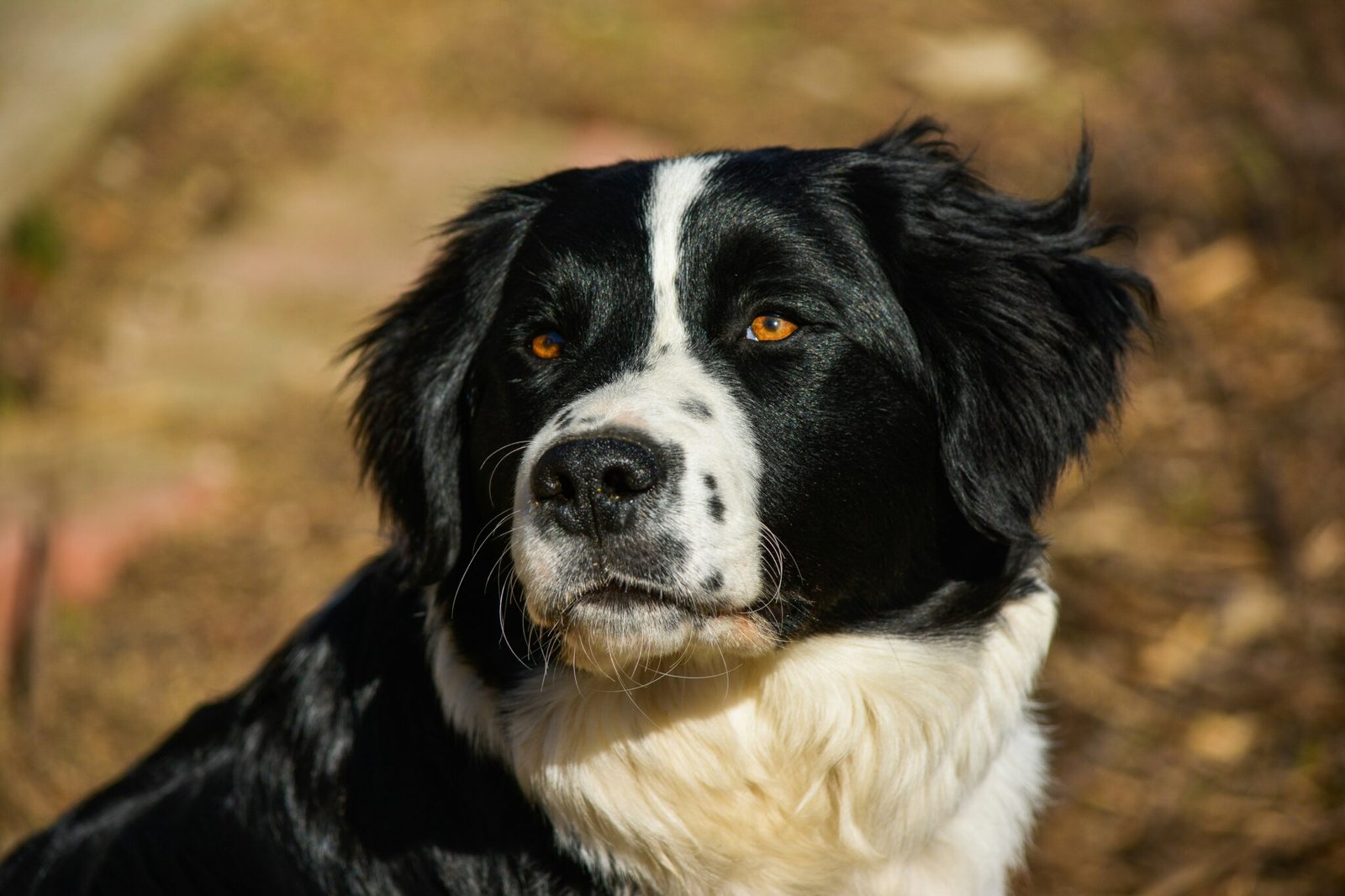
Border Collies Border Collies Introduction Border Collies are intelligent and easily trainable they are energetic and obedient dogs.Its been about 200 years when border collie